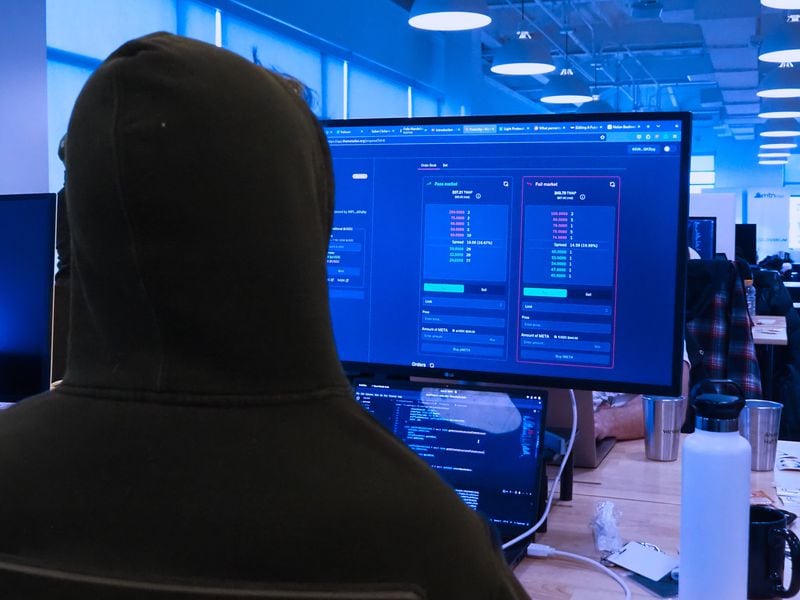Experts Say Mexico’s Regulations Raise the Bar ‘Too High’ for Crypto Entrepreneurs

A new Fintech Law issued by the Bank of Mexico (Banxico) clashes with the accelerated growth of fintech activity in the country. The resulting crackdown could force the closure of 201 listed startups, according to national media.
The law, passed in 2018 but only recently enforced, targets crowdfunding and electronic payments services. Over 57% of them are currently battling against time to obtain permission to do business from the National Banking and Securities Commission (CNBV).
One of the biggest barriers for entrepreneurs are the high costs required for compliance, which can reach well over $35,000. The law also demands businesses to have a minimum annual profit of $100,000, some thing few startups can achieve.
The entrepreneurs are also subject to a cryptocurrency ban. A recent version of the regulation banned fintechs from exchanging, transmitting, and holding crypto.
The Struggle With Crypto
Mexico’s regulators’ initial attempts at managing cryptocurrencies have changed drastically since it began the regulation process, according to Josu San Martin, Ex-Secretary of Finance and Former Director of Fintech México.
“The bar was set too high. At first they were aiming for an open, inclusive regulation. At the end, the law came out very restrictive, especially for cryptocurrencies to the point where an exchange can’t work under the Mexican law,” San Martin said.
At the same time, the high costs of regulation pushed entrepreneurs to raise funds quickly, with many of them resorting to ICOs, according to Alberto Contreras, CMO of Lumit, a blockchain consultant.
“Usually the first thing they ask us for is to create a cryptocurrency to raise funds with, which comes with a very high legal risk,” Contreras said.
Moving Forward
Nonetheless, bitcoin adoption isn’t slowing down. Bitso, Mexico’s biggest exchange, became the first to obtain a license to operate in the country and now works with nearly 700,000 bitcoin customers.
According to Pablo Gonzalez, Bitso CEO, the popularity of cryptocurrencies stems from the general distrust of banks in Mexico, making his service a necessity.
“Here we have more people using cryptocurrencies than equities. I think that’s why a Fintech Law was created in the first place,” Gonzalez said.










